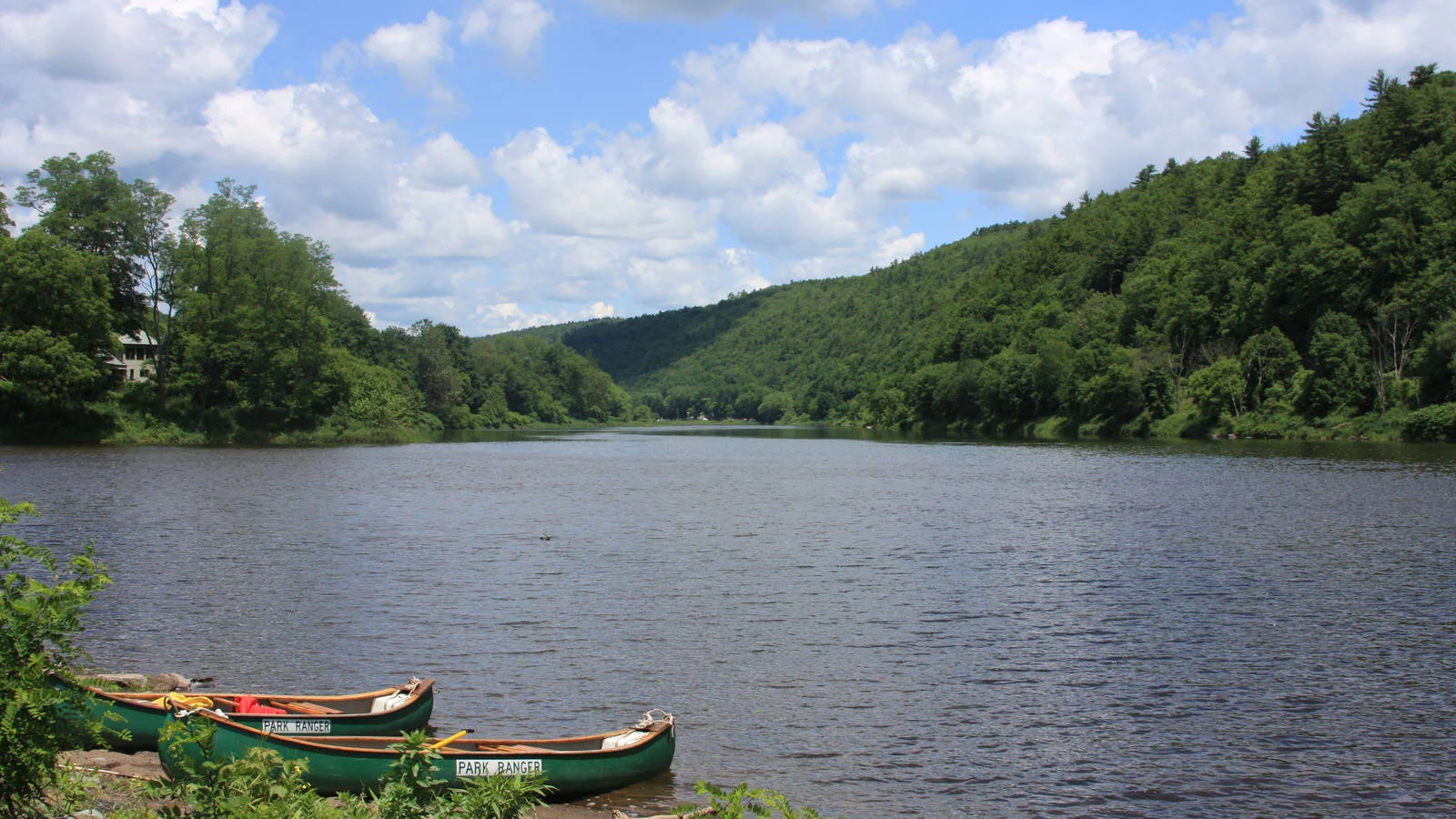We are proud to announce our newest partnership with the William Penn Foundation, to create the very first Waterways Access Guidebook for the Delaware River Basin!
With your help and input, we are taking on this critical challenge to help communities within the Delaware River Basin advocate for greater access to waterways. While many waterways are impaired by contamination or avoided due to property disputes, the Guidebook will explain legal and practical approaches for accessing waterways, identify methods to reduce risks, and suggest best practices for leading the push to clean up and increase public use of waterways. Ultimately, we will create a Guidebook available for free both in print and online, create an instructional video, and lead educational presentations around the Basin.
To start this process, we held interviews with watershed protection advocates both within the Delaware River watershed and other areas throughout the nation. We found that advocates are anxious about a range of issues from simply understanding where public access is permitted, to effectively implementing water trail designations, to combating the threat of waterway privatization. In every scenario, water protection advocates have questions and we want to help answer them.
Here are some questions we have already encountered:
How do you legally determine whether a waterway is publicly accessible?
How do you effectively defeat water access restrictions?
How do you determine what actions constitute trespass?
Where and how can you properly site and receive approval for public water access points?
How do you safely collect scientific data without risk of personal injury or property damage
How do you minimize risk of liability while encouraging citizens to access public waterways?
Our work with stakeholders is still ongoing and we are looking for your input. If you have information or questions that you would like to share, please take some time to fill out our survey at this link. We want this Guidebook to be a useful tool for everyone and your participation is critical to making that happen. We also plan to spend additional time in waterway access restricted areas to determine where to conduct trainings, to collect video footage, and to conduct interviews with citizens and advocates who are already undertaking this important waterway access work.
We hope the Delaware River Basin Guidebook is just the beginning. After completion we’ll encourage watershed groups to use it as a resource in their own efforts to increase access to waterways. Our hope is that the Guidebook can inspire a region-wide effort to level the playing field for waterway access.









